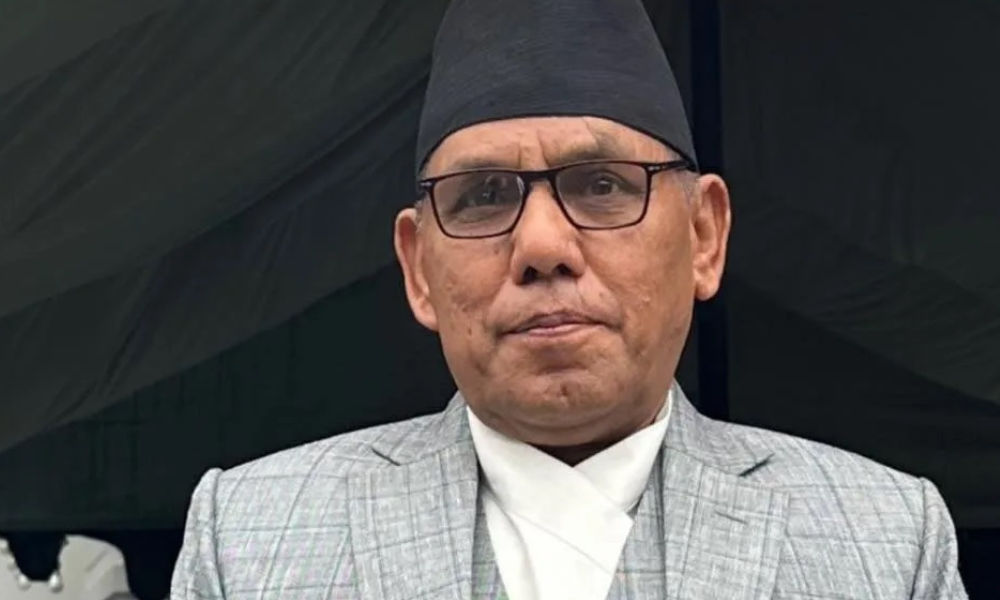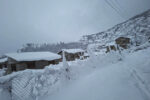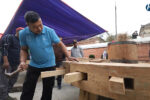KATHMANDU: National Assembly (NA) Chairperson Narayan Prasad Dahal praised the Drukpa community for their significant contributions to environmental conservation and sustainable resource use amidst the growing challenges of climate change.
Speaking at the 10th anniversary of the Drukpa Council, held at the Druk Amitabha Mountain (commonly known as the White Gumba), Dahal highlighted the community’s dedication to promoting greenery, gender equality, and eco-friendly practices.
He said the Drukpa community’s humanitarian values, religious tolerance, and emphasis on inner peace have made a positive global impact.
“For a mountainous country like Nepal, initiatives led by the Drukpa community are vital,” Dahal said, recognizing their efforts in sanitation drives, philanthropic activities, and fostering a sustainable lifestyle.
He highlighted the Council’s role as a celebration of the community’s rich legacy and a platform for uniting people from diverse backgrounds under the shared values of peace, compassion, and tolerance.
Dahal also expressed confidence that the Council would guide the Drukpa community’s future endeavors while offering practical solutions to modern societal challenges.
The Drukpa lineage, a Buddhist tradition with an 800-year history, has garnered admiration for its environmental and social initiatives.
Bhutanese Minister for Home Affairs Lyonpo Tshering commended the Council’s work in environmental awareness and tree plantation. Similarly, Nepal Buddhist Association Chairperson Khenpo Thupten Jigdol praised the community’s contributions to the welfare of all sentient beings.
The event’s inaugural ceremony featured traditional drum performances (Nga Cham), a welcome dance by Drukpa nuns, and a Dragon Dance by Vietnamese monks.
A video presentation showcased the Drukpa lineage’s history, journeys, and notable spiritual leaders.
With over 3,000 participants, including Gyalwang Drukpa Ringpoche, members of the Bhutanese Royal Family, and followers from around the world, the five-day event promises a blend of spiritual teachings, workshops on sustainable living, and discussions on religion, charity, and ethical practices.









Comment